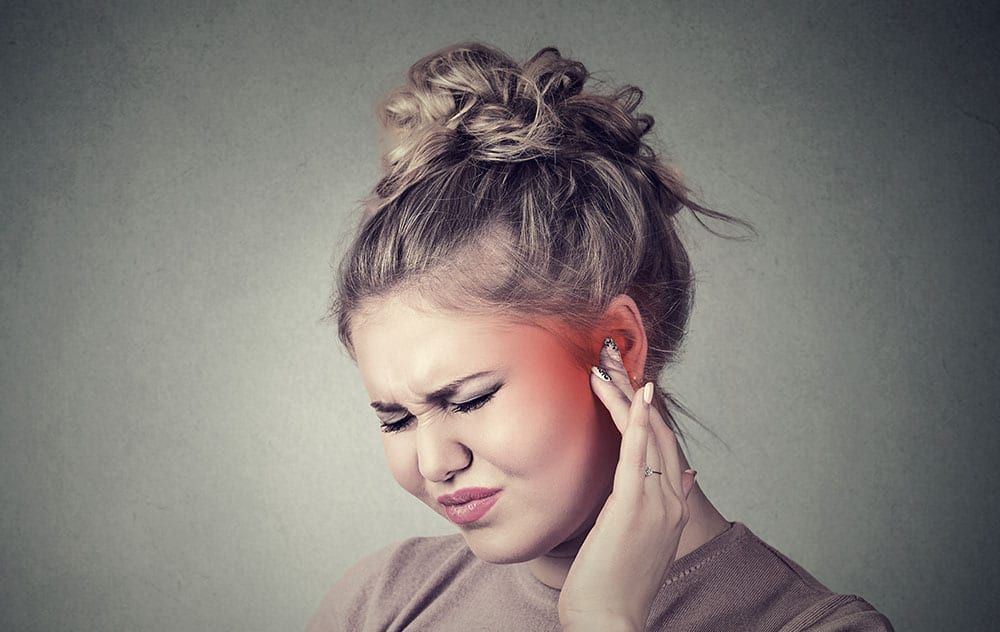
Living with a condition like tinnitus can have a dramatic impact on a person’s life. It can be hard to sleep, concentrate on people talking, and focus on your work when you are experiencing this sort of ailment, and a lot of people find that their life changes in other ways, too. Noticing tinnitus in the early stages gives you the chance to fight back, taking action that will ensure that the situation doesn’t get worse. But how exactly can you protect your ears to help with a condition like tinnitus?
What is tinnitus?
Simply put, tinnitus is characterized as hearing sounds that don’t come from your external environment. Some people hear a buzz, while others hear a ring, but there is never a discernable source for the sound. In some cases, people are able to simply ignore their tinnitus, but it can get much more serious, leaving people unable to hear properly.
There is a range of different causes that are commonly blamed for tinnitus. Age-related hearing loss can result in this condition, though earwax blockages, exposure to loud noises, and changes in the structure of your ear bones are also common causes of tinnitus. Thanks to the array of different causes that come with tinnitus, it can often be hard to determine exactly what has caused it in each patient.
How does protecting your hearing help tinnitus?
Tinnitus rarely starts at its worst. People will slowly notice a noise that doesn’t have a source, and this will get more and more prominent as time goes by. This is a sign that the cause of your tinnitus is getting worse, making it well worth working to protect your hearing when you start to notice this condition forming.
In the case of age-related hearing loss, using a properly fitted hearing aid can be a good way to overcome the challenge tinnitus presents. Other issues, though, can be tackled in a more proactive fashion, with the activities you perform having a direct impact on your hearing. For example, if your tinnitus is related to loud noises, avoiding concerts, wearing headphones, and going to nightclubs would stop further damage from occurring.
How to protect your hearing
Of course, though, the idea of protecting your hearing can be a lot simpler than actually facing this issue. Professional audiologists will be able to provide advice and support to help you with this, but you will also need to make sure that you’re doing the right things for yourself. You can find each of the common causes of tinnitus and the ways to protect your hearing from them below.
Exposure to loud noises
Avoiding exposure to loud noises is always smart when you’re trying to protect your ears. Sound can damage the tiny hairs inside your ears, pushing them down and stopping them from working, causing both hearing loss and conditions like tinnitus.
Using headphones is still alright, but you need to make sure that they are used at low volume. Alongside this, you can still go to performances and nightclubs, but it will be smart to wear some sort of ear protection to make sure that you’re not exposed to the speakers. Some loud noises simply can’t be avoided, but taking action against those you can avoid will better prepare you for the ones you can’t.
Earwax blockages
Earwax is produced by your body to protect your ears from debris. Some people produce far more wax than others, making it hard for their ears to remove it naturally. If you believe that your tinnitus is related to earwax, it will make sense to start cleaning your ears on a regular basis, but you have to make sure that you’re in safely.
A professional audiologist will be able to show you how to clean your inner ears, ensuring that you don’t cause additional damage in the process.
Ear bone changes
Changes in the structure of your inner-ear can be harder to control than the other causes in this article. Injuries can cause this sort of change, but it can also occur as part of a natural process. Avoiding head injuries is something that most people will already do, but it could be worth taking extra care if your ear bones are causing tinnitus.
Here at Natural Hearing Center, our expert team of audiologists has had the opportunity to work with a wide array of hearing loss and tinnitus issues. If you’d like to learn more about conditions like this or need the advice to deal with your own, we encourage you to give us a call at (888) 221-9156 and we’ll do everything we can to help.



